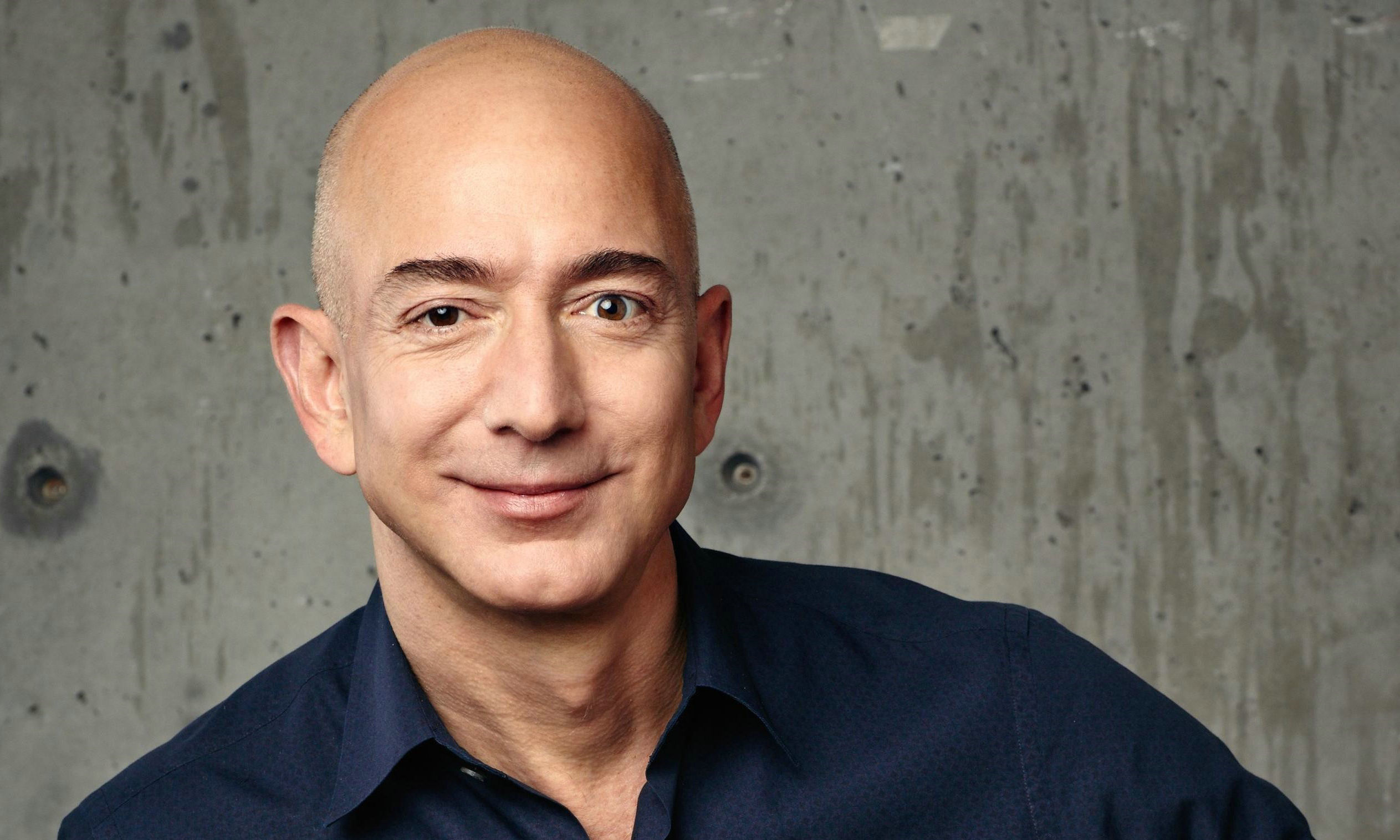"Set bold goals and then achieve them methodically." This is the personal creed of Mark Zuckerberg, the founder and CEO of Facebook, and it is also a true portrayal of his journey from the Harvard dormitory to the global technology stage and creating a social empire that connects billions of people. The story of Zuckerberg is not only a vivid interpretation of the Silicon Valley innovation spirit, but also a deep discussion of the intertwined individual power and social responsibility in the digital wave.
I. The Startup Legend in the Dormitory
Let's turn back the clock to the winter of 2003. Mark Zuckerberg, a freshman at Harvard, wrote a small program named Facemash in his dormitory. This game based on the "hot or not" voting, using student photos triggered an on-campus storm. Although it was quickly halted due to privacy disputes, it revealed Zuckerberg's acute insight into social interaction and his fanatical pursuit of technological innovation. The Facemash incident was like a lightning bolt that illuminated the starting point of Zuckerberg's entrepreneurial path.
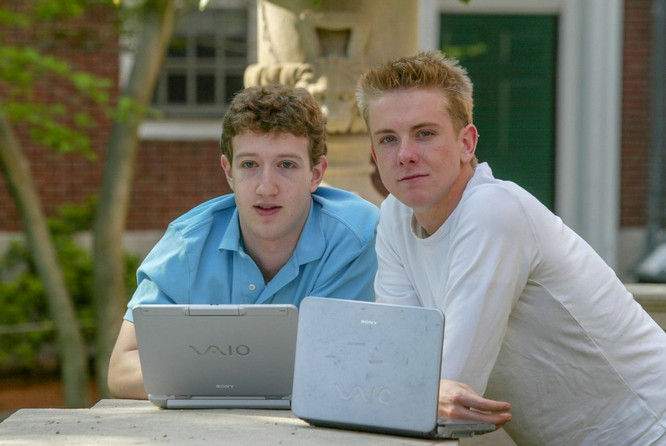
In February of the following year, Zuckerberg, who had learned lessons, along with his roommates Dustin Moskovitz and Chris Hughes, jointly founded TheFacebook, aiming to provide Harvard students with a platform for online identity verification, information sharing, and interpersonal communication. Just one month after the website went live, the number of registered users exceeded half of the Harvard students. Its simple design, precise positioning, and strong social stickiness caught the industry's attention. This case vividly demonstrated Zuckerberg's accurate grasp of market demand and rapid execution ability, and also laid the foundation for the later global expansion of Facebook.
In this miniature startup laboratory of the dormitory, Zuckerberg faced a series of strategic choices related to the life and death of the company. When Facebook began to attract external investment, he rejected Yahoo's $1 billion acquisition offer and insisted on independent development, showing extraordinary foresight and determination beyond his age. At the same time, Zuckerberg built the early management team in the dormitory. Although there were occasional frictions among the members, they experienced countless nights of staying up late programming and intense discussions. This high-intensity collaboration and running-in forged a highly tacit, combative core team.
Zuckerberg once said, "Successful entrepreneurs don't wait for conditions to be ripe; they actively create conditions." The arduous environment of starting a business in the dormitory precisely stimulated his spirit of innovation and ability to solve problems. Whether it was dealing with the technical difficulties of server crashes or handling the operational pressure brought about by the early growth of users, Zuckerberg could always lead the team to find solutions at critical moments and promote Facebook to continuously surpass itself.
However, starting a business in the dormitory was not all smooth sailing. During his time at Harvard, Zuckerberg was plagued by intellectual property disputes with his classmates. The core figure of the case - the Winklevoss brothers claimed that Zuckerberg stole their social network idea, and the two sides finally reached a settlement in court. This incident prompted the young Zuckerberg to face the test of business ethics and legal norms early on, and also made him deeply realize the importance of respecting intellectual property rights and adhering to business ethics.
II. The Rise and Challenges of the Social Empire
The initial version of Facebook had a simple and clear interface, focusing on real identity authentication and the construction of interpersonal relationship networks, which quickly won the favor of Harvard students. In just a few months, registered users covered many universities across the United States, and then it opened to the public, and the number of users increased exponentially. By the end of 2023, Facebook's monthly active users had reached 2.91 billion, covering nearly one-third of the global population. This huge user base not only brought amounts of advertising revenue to the company (the advertising revenue is expected to exceed 100 billion US dollars in 2025), but also made it a key node in global information dissemination. It also confirms Zuckerberg's profound insight into user needs and precise control of product design.
Zuckerberg has always firmly believed that "mobile will be the future." In 2012, Facebook acquired Instagram for 10 billion US dollars to pre-position in the mobile social market. Subsequently, major mergers and acquisitions such as WhatsApp (19 billion US dollars) and Oculus VR (20 billion US dollars) enabled Facebook to gradually build an ecological system covering multiple fields such as social, instant messaging, and virtual reality. These decisions demonstrated Zuckerberg's acute capture of industry trends and long-term layout capabilities.
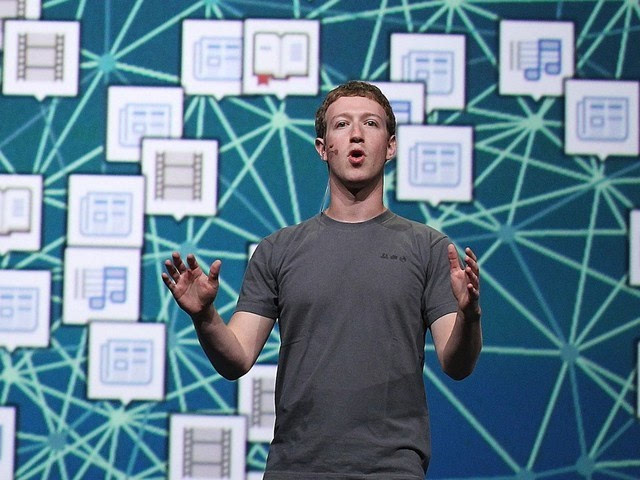
1. Privacy Leakage Incidents and Trust Crises
In 2018, Facebook encountered the largest data leakage incident in its history - the Cambridge Analytica scandal, involving the abuse of information of 87 million users. This incident raised global doubts about Facebook's data privacy protection capabilities, and the company's market value once evaporated tens of billions of US dollars. Zuckerberg admitted mistakes at the congressional hearing, promised to rectify, and emphasized: "We have the responsibility to protect your information. If we can't do this, we don't deserve to provide services."
1. Data Policy Reform and Regulatory Pressure
In the face of public pressure and regulatory review, Facebook launched a series of data policy reform measures, including strengthening user privacy settings and restricting third-party application data access. However, the implementation of the EU's General Data Protection Regulation (GDPR), the 5 billion US dollar fine from the US Federal Trade Commission (FTC), and antitrust investigations around the world all indicate the severe challenges Facebook faces in the field of data privacy.
1. False Information and Election Interference
During the 2016 US presidential election, Facebook was criticized for failing to effectively curb the spread of false information and foreign interference behaviors. Zuckerberg said: "We have the responsibility to help people understand the facts, especially information about important issues and voting." Since then, Facebook has invested heavily in improving content review capabilities, combating false accounts, introducing third-party fact-checking, and adjusting the news feed algorithm to strive to reduce the spread of harmful content.
1. Freedom of Speech and Community Guidelines
In the process of content governance, Facebook often finds itself in a dilemma between freedom of speech and community guidelines. Zuckerberg insists: "We should not be the arbitrators of truth." But in the face of issues such as hate speech and extremist content, the company has to find a delicate balance between safeguarding freedom of speech and maintaining community safety. Recently, Facebook launched an independent oversight committee, aiming to provide an external review mechanism for controversial content decision-making.
In addition, Facebook's extensive way of handling user data in the early days also later triggered widespread privacy disputes. Zuckerberg mentioned in his reflection, "We have been learning how to better respect people's expectations for their personal information." This dormitory startup experience undoubtedly laid the groundwork for him to promote Facebook to improve data protection policies and strengthen user privacy awareness in the future.
III. The Social Responsibilities of Technology Giants
"We are not just a technology company; we are also a social institution." This sentence from Mark Zuckerberg reveals Facebook's perception and expectation of its own role as a global technology giant. In the digital economy era, Facebook, with its huge user base and far-reaching social influence, has far exceeded the pure commercial scope and shouldered the important responsibility of shaping the future society.
Upgrade of Data Privacy Policy
Facing the trust crisis triggered by the Cambridge Analytica scandal, Facebook learned from the pain and initiated a large-scale reform of the data privacy policy. Mark Zuckerberg said straightforwardly, "We have a responsibility to protect your information. If we can't do this, we don't deserve to provide services." The company invested heavily in enhancing data security protection capabilities, strengthening user privacy settings, restricting data access of third-party applications, and adding a data abuse reporting mechanism. Nevertheless, Facebook still needs to continuously deal with emerging new threats, such as deepfake technology and cross-border data flow, to ensure that its data ecosystem finds the best balance between transparency and security.
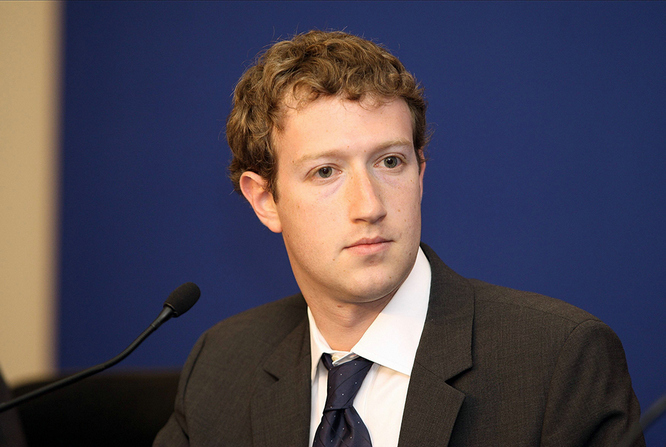
Open Platform and Transparency of Algorithms
Facebook is committed to increasing the transparency of the content recommendation algorithm and letting users understand the principles behind the information sorting. In 2020, the company launched the "Why am I seeing this?" function, allowing users to see why a certain content appears in their newsfeeds. In addition, Facebook also regularly publishes the "Transparency Report" to disclose in detail government requests, deleted content, and other situations, demonstrating its fair stance in information circulation. However, how to avoid algorithm abuse or malicious manipulation while meeting the public's right to know remains a major test for Facebook.
Antitrust Review and Self-Adjustment
In recent years, Facebook has encountered antitrust investigations worldwide and has been questioned for abusing its market-dominant position to suppress competitors and limit user choices. Mark Zuckerberg responded, "We welcome reasonable regulation to ensure the healthy development of the Internet industry." The company actively cooperated with the investigations and took measures to open the platform and allow users to more easily migrate data to other services. However, how to find a reasonable boundary between compliance and maintaining a competitive advantage is an urgent problem to be solved in the field of fair competition for Facebook.
Investment in Innovation and Support for Small and Medium-sized Enterprises
Facebook has set up a multi-billion-dollar fund for investing in cutting-edge technology research, supporting start-ups, and enabling small and micro enterprises. For example, the "Facebook Small Business Grants Program" provided economic assistance to more than 30,000 small businesses worldwide during the epidemic. Mark Zuckerberg firmly believes, "We have a responsibility to help people build meaningful connections and create opportunities for them." However, how to ensure that these measures truly benefit the vast number of users and businesses and avoid breeding new power imbalances is the key to evaluating the effectiveness of its social responsibility fulfillment.
Digital Inclusion and Education Popularization
Facebook launched the "Internet.org" project, aiming to provide free basic services to people who have not yet accessed the Internet globally. So far, this project has helped more than 100 million people access the Internet for the first time. In addition, the Zuckerberg couple invested in education, medical care and other fields through the "Chan Zuckerberg Initiative" to help narrow the social divide. However, how to ensure that these public welfare projects do not aggravate the problem of digital dependence and information overload while improving digital literacy and promoting fairness is a subject that Facebook needs to think deeply about when promoting community well-being.
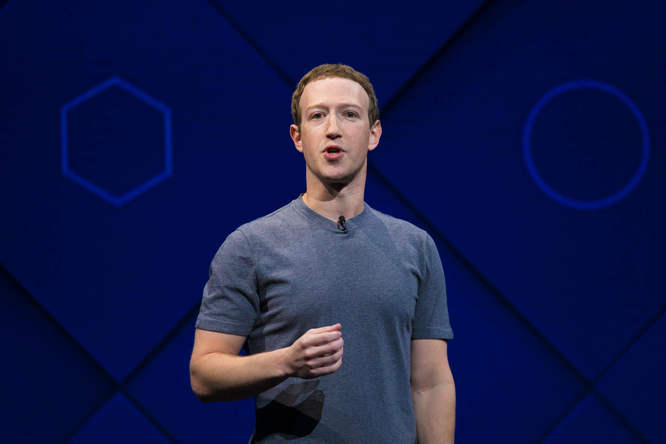
Coping with Fake News and Social Polarization
Facing the phenomenon of the proliferation of fake news and social polarization, Facebook has taken a variety of measures, such as introducing third-party fact-checking, adjusting the news feed algorithm, and establishing an independent oversight committee, aiming to purify the information environment and promote rational dialogue. Mark Zuckerberg once said, "We have a responsibility to help people understand the facts, especially information about important issues and voting." However, how to find the golden section point between respecting freedom of speech and combating false information and preventing the platform from becoming an accelerator of social tearing is a social responsibility challenge that Facebook must face directly.
Conclusion:
Mark Zuckerberg, this innovator in the digital age, with his fearless entrepreneurial spirit, tenacious leadership, and persistent pursuit of social responsibility, has shaped the legendary journey of Facebook. His story reminds us that technological innovation should not only drive business progress but also serve social well-being. Facing the challenges and opportunities in the future, Mark Zuckerberg will continue to lead Facebook to find the direction of progress in the dual mission of connecting the world and protecting the world, and his thoughts and actions will also continue to affect the ethical boundaries and development direction of the global technology industry.
